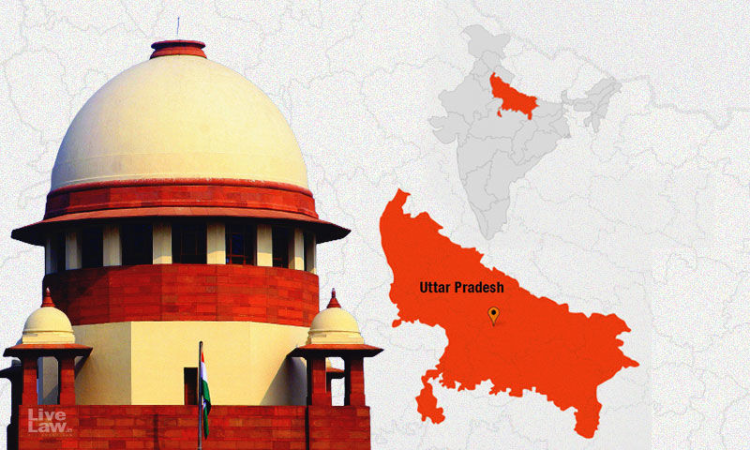Following Supreme Court's Criticism, UP Govt Withdraws Recovery Notices Issued To Anti-CAA Protesters Before 2020 Act; Court Directs Refund Of Recoveries Made
Mehal Jain
18 Feb 2022 1:33 PM IST

The Court has granted liberty to the State Government to proceed under the new Act.
Next Story


